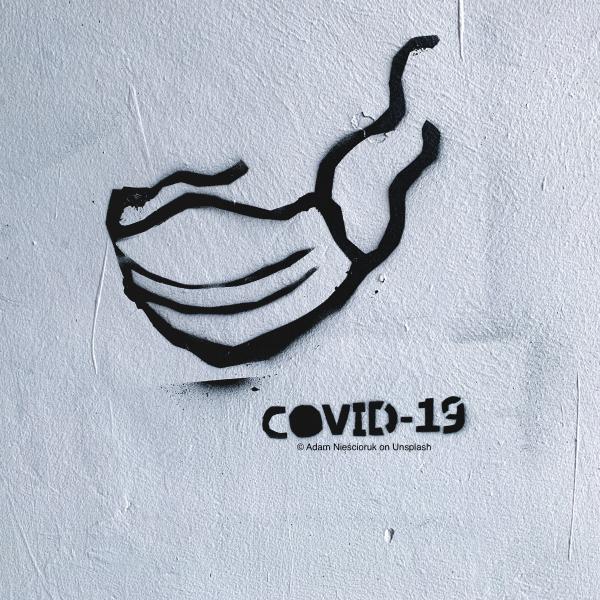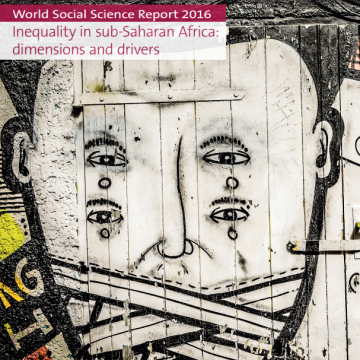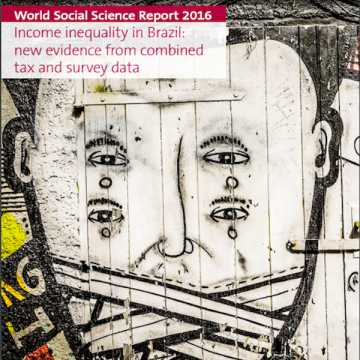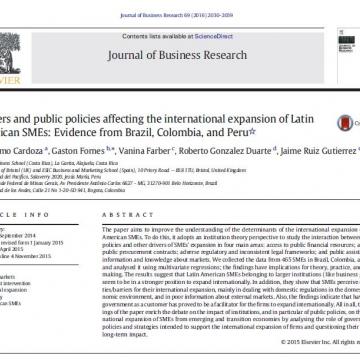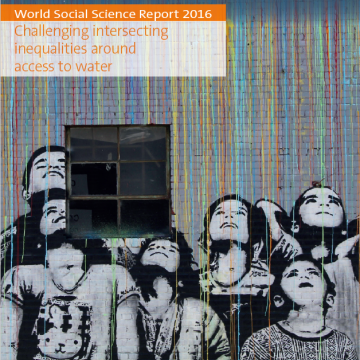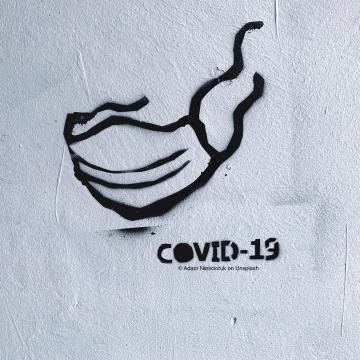This article by Jimi Adesina appears in the World Social Science Report 2016.
The average Gini index for sub-Saharan Africa is one of the world’s highest. However, since 2000 inequalities in education, health and gender have been significantly reduced, and this might eventually lead to improvement in people’s well-being. This contribution explores these four important dimensions of inequality in sub-Saharan Africa.
Resources
The paper aims to improve the understanding of the determinants of the international expansion of Latin
American SMEs. To do this, it adopts an institution theory perspective to study the interaction between public
policies and other drivers of SMEs' expansion in four main areas: access to public financial resources; access to
public procurement contracts; adverse regulatory and inconsistent legal frameworks; and public assistance on
information and knowledge about markets. We collected the data from 465 SMEs in Brazil, Colombia, and Peru
ABSTRACT
This conference paper was shared with organisers and the audience of the IDPAD 2015 - 2024 Mid Decade Summit hosted at Thurgood Marshall Civic Center, Howard University School of Law, Washington D.C., on November 13, 2019.
This article published in the World Social Science Report 2016 discusses inequalities in access to water and their intescting nature with issues of gender and socio-economic ineualities, and how such challanges are exacerbated by climate change.

